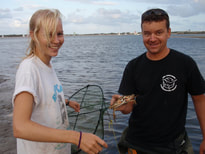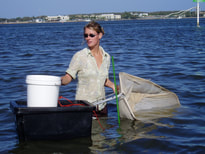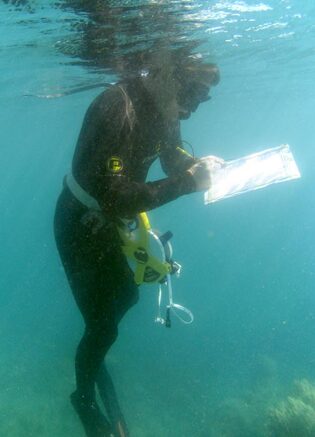Opportunities
Postdoctoral fellowships
The Connolly Lab welcomes collaboration from high-impact researchers. Fellowship openings depend on the ability of prospective candidates to attract funding. If you are a postdoctoral researcher with a strong publication record and potential funding, please contact Professor Connolly to discuss fellowship opportunities.
The Connolly Lab welcomes collaboration from high-impact researchers. Fellowship openings depend on the ability of prospective candidates to attract funding. If you are a postdoctoral researcher with a strong publication record and potential funding, please contact Professor Connolly to discuss fellowship opportunities.
PhD Students
Researchers at the Connolly Lab have supervised over 30 successful PhD candidates.
High-achieving Masters or Honours graduates with existing publications in top journals may be considered for PhD projects. Project availability is dependent on being awarded a scholarship. (See application information for currently available Griffith University scholarships.)
Projects will be coordinated through the Global Wetlands Project, a team of leading experts in ecology, data science and automation. Contact individual team members via: globalwetlandsproject.org/aboutus
Researchers at the Connolly Lab have supervised over 30 successful PhD candidates.
High-achieving Masters or Honours graduates with existing publications in top journals may be considered for PhD projects. Project availability is dependent on being awarded a scholarship. (See application information for currently available Griffith University scholarships.)
Projects will be coordinated through the Global Wetlands Project, a team of leading experts in ecology, data science and automation. Contact individual team members via: globalwetlandsproject.org/aboutus
|
Potential Topics
Automated monitoring of restored marine environments There is currently a surge in interest in marine and coastal restoration, with a significant number of projects underway, and many more planned. Current methods for monitoring restoration progress and success vary enormously, with low uptake of technological advances that promote efficiency and comprehensiveness. This project will work towards a coordinated, open-science approach to monitoring, that standardises data formats, allows trade-offs or synergies between ecological, socio-economic and cultural benefits to be explored, and facilitates cross-project comparisons and benchmarking. The project takes advantage of the Connolly Lab's leadership in automated monitoring of marine environments, including through computer vision on underwater camera streams. Suggested contact: Dr Michael Sievers Mapping the world’s mangrove ecosystem services Mangroves are one of the most valuable ecosystems on Earth, providing us with a range of services including carbon sequestration, coastal protection, fisheries, and water quality improvement. The ultimate goal of the project is to develop a global map of ecosystem services of mangrove which could aid in the better management, conservation, and restoration of these valuable ecosystems. Suggested contact: Dr Fernanda Adame or A/Prof. Chris Brown. |


